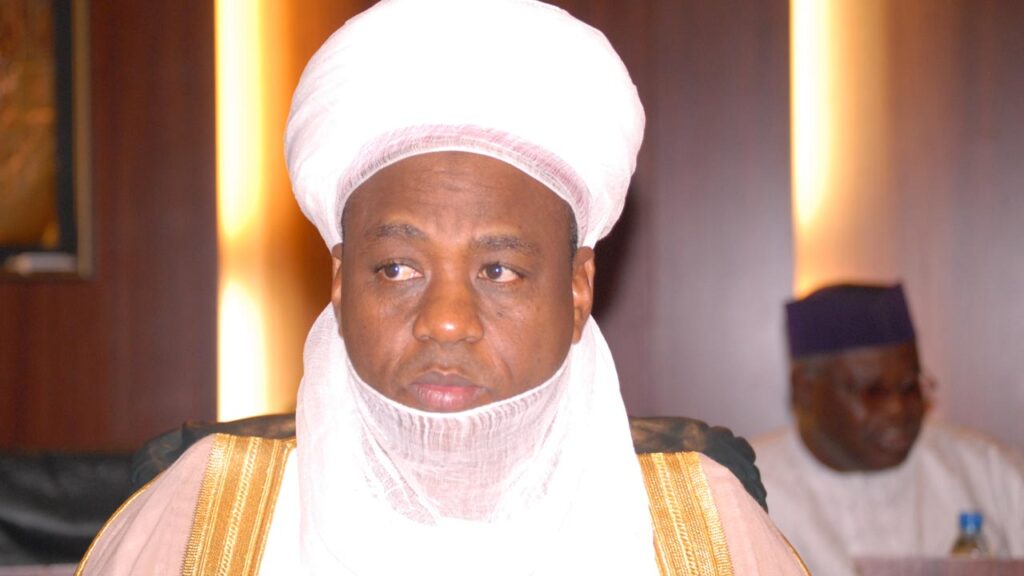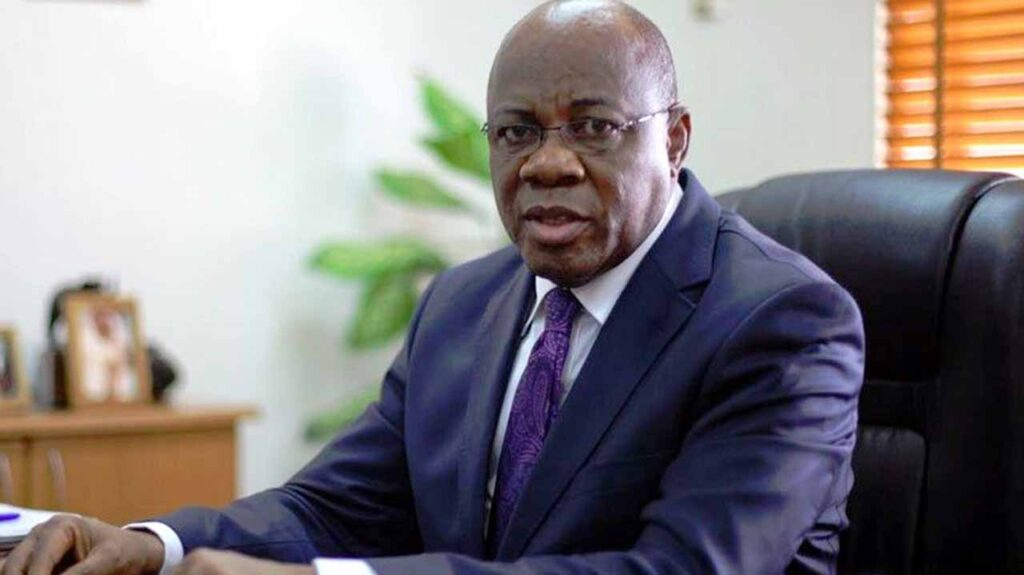
Institute of Chartered Accountants of Nigeria (ICAN) has deplored dip of about 69 per cent and 44 per cent in foreign direct investment (FDI) inflow in the first and third quarters of 2023 amid launch of the Presidential Enabling Business Environment Council (PEBEC) in 2016 and numerous forum shopping.
Its president, Dr Innocent Okwuosa, in a publication entitled, “ICAN Position Paper: Attracting Foreign Direct Investment,” pointed out that data from the Nigerian Bureau of Statistics (NBS) showed that “on a year-on-year comparison, there was a substantial 69 per cent decrease, as FDI fell from $155 million in Q1 2022 to a paltry $48 million in Q1 2023. In Q3, 2023, it was $654.65 million, compared to $1,159.67 million recorded in Q3, 2022, indicating a decline of about 44 per cent.”
He submitted that the downward trend reflects the reality of challenges businesses face, suggesting that they should be addressed by the current administration to attract FDIs.
Okwuosa said exodus in the country’s industrial sector since August 2023 when GSK announced its departure and divestments by Truworths, Etisalat, ExxonMobil, Tiger Brands, HSBC, Woolworths, Shoprite, InterContinental Hotel Group and others was a clear indication “that initiatives (like) PEBEC may not have created the ease of doing business that can attract and retain FDI, after all.”
He noted that the challenges in Nigeria’s business environment are multifaceted, listing security concerns, infrastructural decay, regulatory constraints and policy inconsistency.
These factors and others, the ICAN boss stressed, have created a high-risk environment for sustainable business operations in Nigeria. He added that a gap in infrastructure, particularly in critical areas such as power, transportation, human capital and technology amplifies operational challenges for businesses.
ICAN, therefore, advised government to be more proactive in addressing the security challenges facing the country, including identifying and visiting the full weight of the law on individuals and institutions sponsoring oil theft, illegal mining and insurgency to “create an atmosphere of peace and order that will attract both local and foreign investors.”
It also advised the government to create an enabling environment that could attract private sector investment in infrastructure development.Okwuosa added: “The Infrastructure Concession Regulatory Commission (ICRC), Nigeria’s main Public Private Partnership (PPP) unit with a key objective of fostering investment in the country’s national infrastructure through private sector funding, should be made more active. While we welcome the Road Infrastructure Tax Credit Scheme, which is a form of PPP, we call for better accountability and transparency in project execution. This is where the skills of chartered accountants are required.”
Other policy initiatives recommended by ICAN include legal, regulatory, tax and port reforms, transparency in foreign exchange market management, zero tolerance for bribery and corruption and establishment of anti-corruption courts in states to expeditiously try graft cases.
The last is re-organisation of major anti-corruption institutions such as the Independent Corrupt Practices and other related Offences Commission (ICPC), Economic and Financial Crimes Commission (EFCC), Code of Conduct Bureau (CCB) and Bureau of Public Procurement (BPP) to make them more relevant in modern Nigerian business environment.












